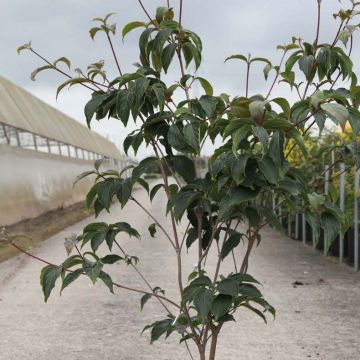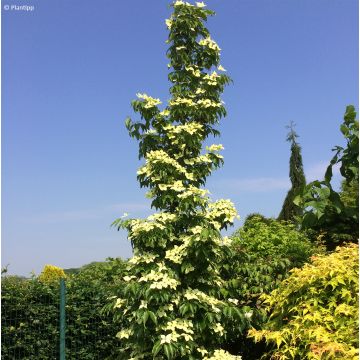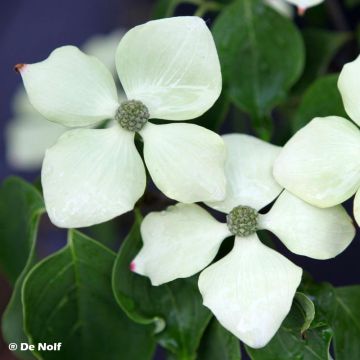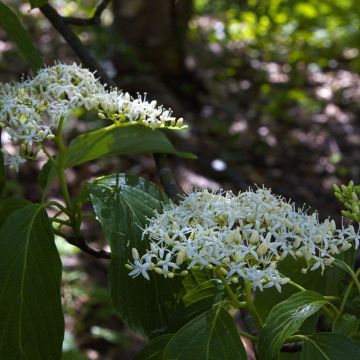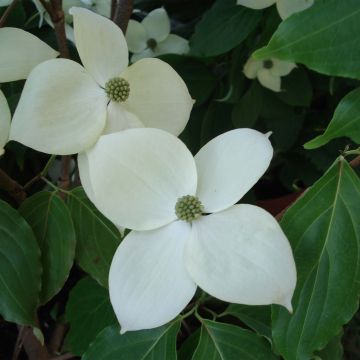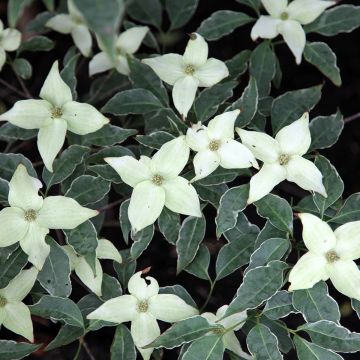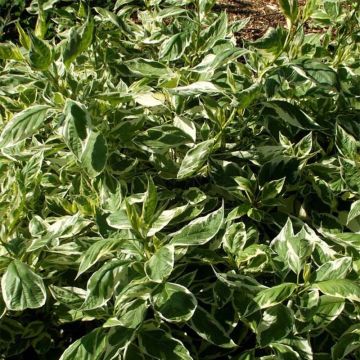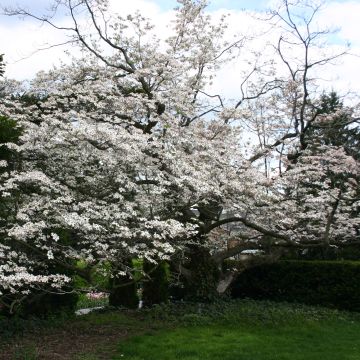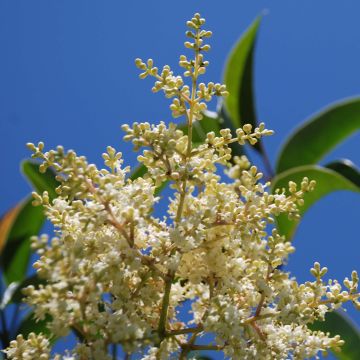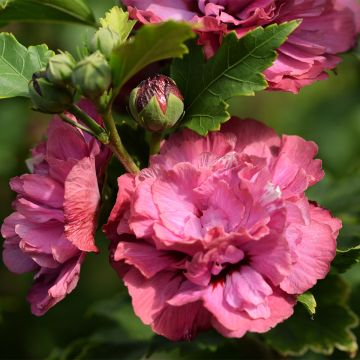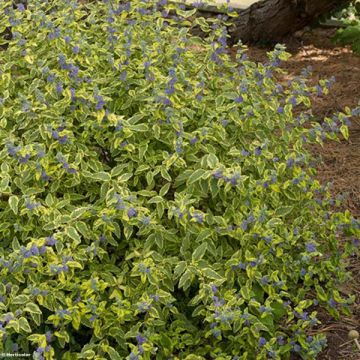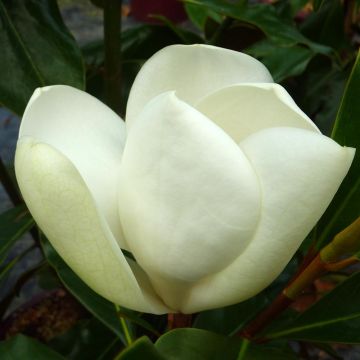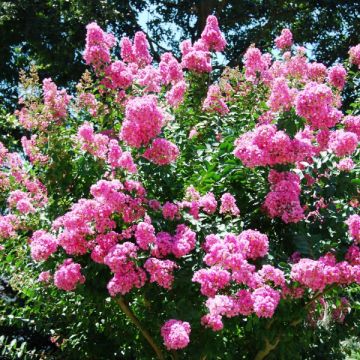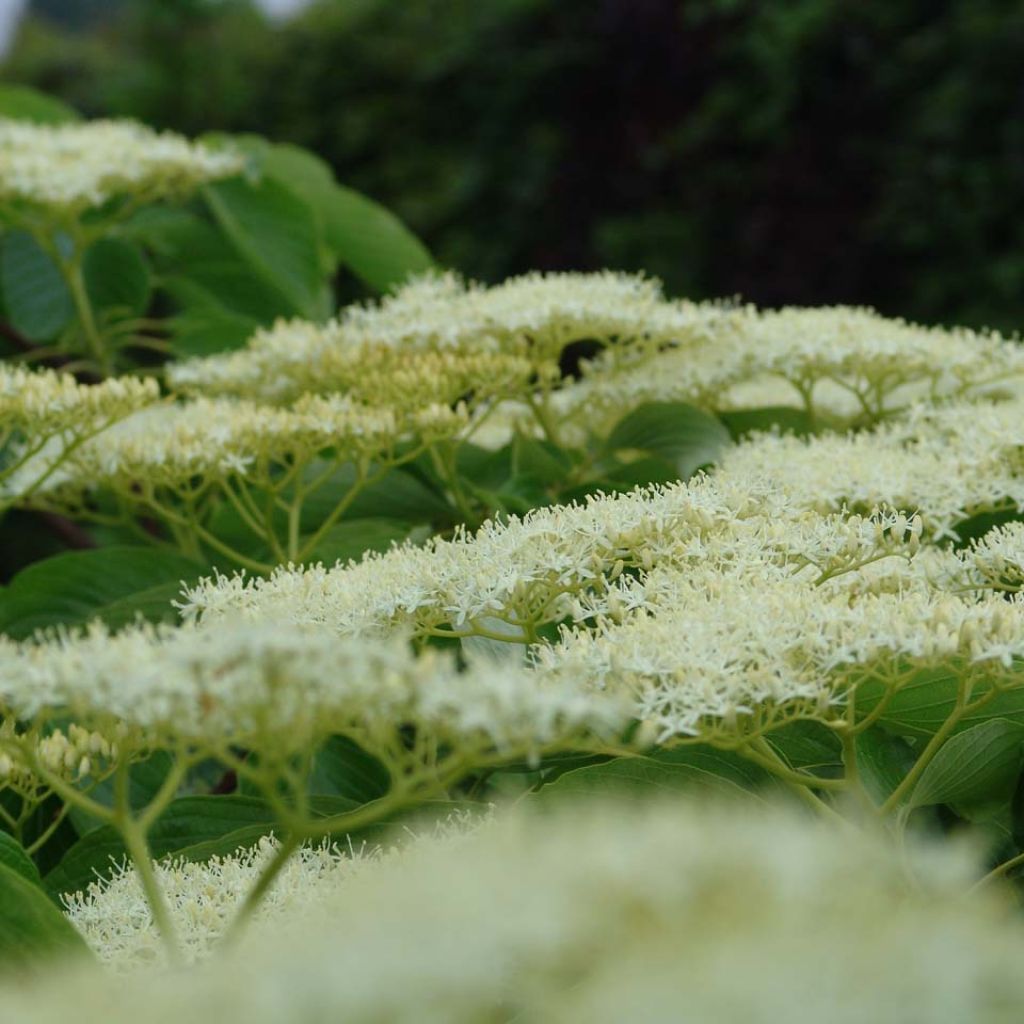

Cornus controversa Pagoda - Giant Dogwood
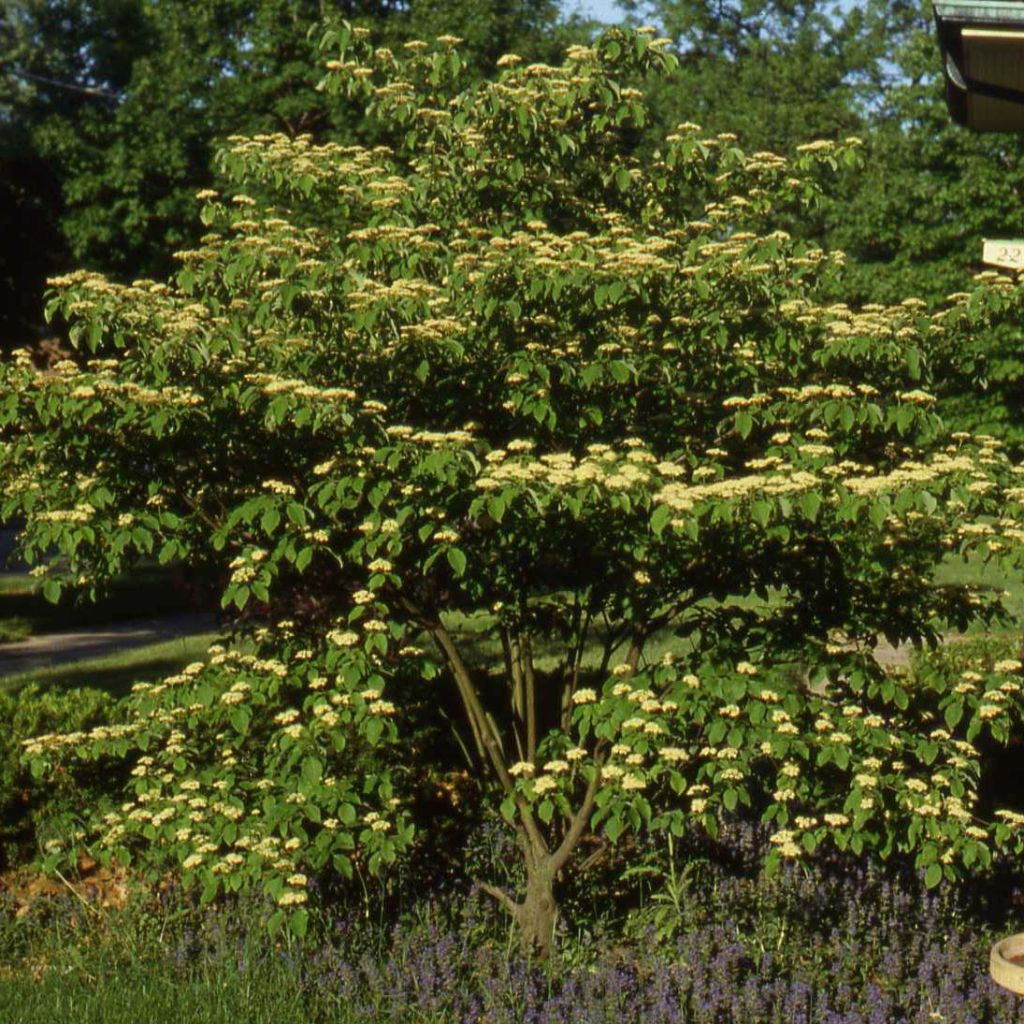

Cornus controversa Pagoda - Giant Dogwood
Cornus controversa Pagoda - Giant Dogwood
Cornus controversa Pagoda
Giant Dogwood, Wedding Cake Tree
This item cannot be shipped to the selected country
Delivery charge from €5.90
Oversize package delivery charge from €6.90
More information
Delivery charge from €5.90
Oversize package delivery charge from €6.90
More information
Schedule delivery date,
and select date in basket
This plant carries a 24 months recovery warranty
More information
We guarantee the quality of our plants for a full growing cycle, and will replace at our expense any plant that fails to recover under normal climatic and planting conditions.
From €5.90 for pickup delivery and €6.90 for home delivery
Express home delivery from €8.90.
Oversize package: home delivery by special carrier from €6.90 per order..
Express home delivery from €8.90.
Does this plant fit my garden?
Set up your Plantfit profile →
Description
Cornus controversa 'Pagoda' bears a layered habit that perfectly lives up to this cultivar's name. This dogwood, one of the largest in its genus, forms a true small tree with branches arranged perfectly horizontally, forming even more pronounced and flattened tiers than in the typical species. It is adorned with glossy foliage and in summer is covered with snowy, fragrant masses, followed by blue-black and shiny fruits. Its foliage takes on stunning colours in autumn before falling. A dogwood full of elegance and majesty, to be planted as a specimen.
Cornus controversa is a small tree originating from China, Korea, and Japan. It simultaneously develops a vertical stem and layered, horizontal branches, slowly reaching an average height of 12 m (39.4 ft) with a spread of 7 m to 8 m (23 ft to 26.2 ft). The cultivar 'Pagoda' displays particularly layered architecture. Its young reddish twigs are covered with green, highly veined, glossy foliage, with the underside being lighter, greyish to bluish. It is the only dogwood, along with Cornus alternifolia, to have alternate leaves rather than opposite. They are elliptical, ovate, with a pointed tip, and have about 8 parallel veins, measuring 10 cm (3.9 in) in length. The foliage turns dark red in October and remains vibrant on the tree before falling. While it is magnificent at the end of the season, its flowering from May to June in flat white cymes is highly ornamental. The large fragrant clusters they form, measuring 10 cm to 15 cm (3.9 in to 5.9 in) in diameter, illuminate the tree while highlighting its unique habit. The flowering is followed by dark blue-black berries, 1 cm (0.4 in) in diameter.
'Pagoda' deserves to be planted as a specimen on a short grass lawn. Its moderate growth is suitable for medium-sized spaces. It can obviously be used in Japanese-inspired scenes where it will blend perfectly with the small Acer palmatum 'Dissectum', Rhododendron yakushimanum, or Pieris japonica 'Forest Flame'. The perennials that accompany it will also appreciate moist, slightly acidic soils. In the sun, its base can be covered with Lithodora diffusa, which offers intense blue flowers, and in partial shade, heucheras and astilbes will fulfil this function perfectly. In a more minimalist style, its striking visual qualities will work in combination with very simple materials such as concrete or metal, as well as with grasses like Calamagrostis x acutiflora, Helictotrichon sempervirens, Carex comans 'Bronze'. At its base, a fern with an upright habit like Matteucia struthiopteris will create a beautiful contrast with the horizontal nature of our small tree.
Cornus controversa Pagoda - Giant Dogwood in pictures
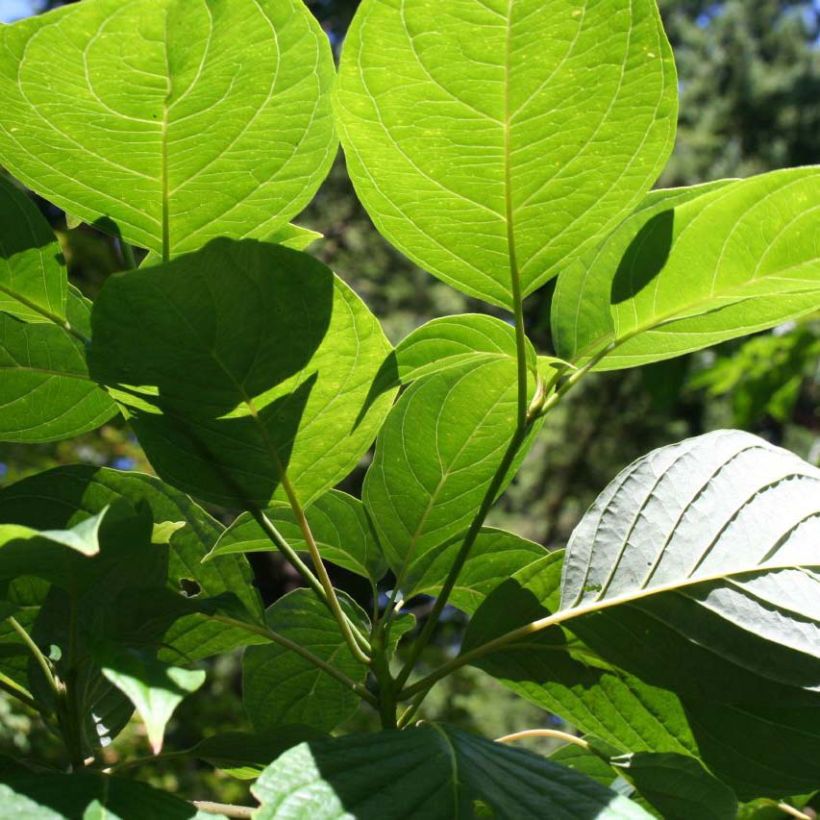

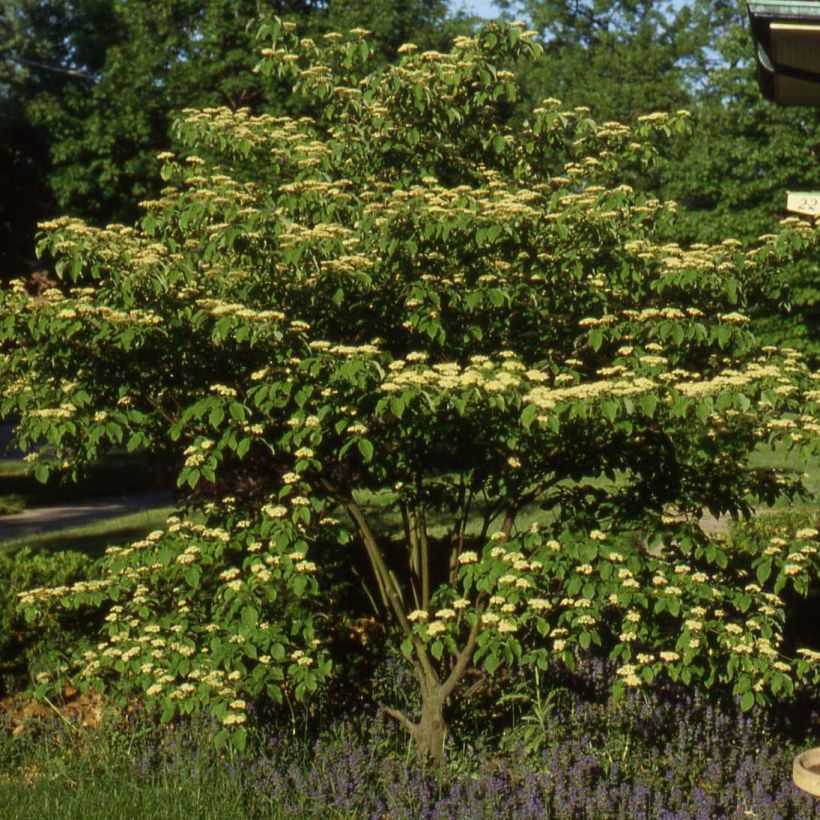

Plant habit
Flowering
Foliage
Botanical data
Cornus
controversa
Pagoda
Cornaceae
Giant Dogwood, Wedding Cake Tree
China
Other Cornus
Planting and care
Easy to cultivate, it requires little maintenance. Pruning is unnecessary as its magnificent habit is completely spontaneous. It prefers moist, humus-rich soil, not too chalky and slightly acidic. Plant it in a sunny or semi-shady position. It is very hardy, resistant to -20° C (-4° F). In limestone soils, make sure to add acidity. Prepare a large planting hole (1 m x 1 m x 0.5 m (3.3 ft x 3.3 ft x 1.6 ft)). Replace 40% of the removed original soil with a mixture of 30% turf, 20% leaf compost and 10% river sand. If the soil is already neutral or acidic, adding compost and manure will be sufficient for planting. For maintenance, regularly apply fertiliser as well as turf or pine bark to maintain acidity in alkaline soils. Remove faded flowers.
Pruning is not necessary, but you can optionally cut back the branches at the end of winter to stimulate the growth of new vigorous shoots. It is also important to remove dead wood and crossing branches to maintain a beautiful habit.
Planting period
Intended location
Care
Summer-flowering shrubs
Haven't found what you were looking for?
Hardiness is the lowest winter temperature a plant can endure without suffering serious damage or even dying. However, hardiness is affected by location (a sheltered area, such as a patio), protection (winter cover) and soil type (hardiness is improved by well-drained soil).

Photo Sharing Terms & Conditions
In order to encourage gardeners to interact and share their experiences, Promesse de fleurs offers various media enabling content to be uploaded onto its Site - in particular via the ‘Photo sharing’ module.
The User agrees to refrain from:
- Posting any content that is illegal, prejudicial, insulting, racist, inciteful to hatred, revisionist, contrary to public decency, that infringes on privacy or on the privacy rights of third parties, in particular the publicity rights of persons and goods, intellectual property rights, or the right to privacy.
- Submitting content on behalf of a third party;
- Impersonate the identity of a third party and/or publish any personal information about a third party;
In general, the User undertakes to refrain from any unethical behaviour.
All Content (in particular text, comments, files, images, photos, videos, creative works, etc.), which may be subject to property or intellectual property rights, image or other private rights, shall remain the property of the User, subject to the limited rights granted by the terms of the licence granted by Promesse de fleurs as stated below. Users are at liberty to publish or not to publish such Content on the Site, notably via the ‘Photo Sharing’ facility, and accept that this Content shall be made public and freely accessible, notably on the Internet.
Users further acknowledge, undertake to have ,and guarantee that they hold all necessary rights and permissions to publish such material on the Site, in particular with regard to the legislation in force pertaining to any privacy, property, intellectual property, image, or contractual rights, or rights of any other nature. By publishing such Content on the Site, Users acknowledge accepting full liability as publishers of the Content within the meaning of the law, and grant Promesse de fleurs, free of charge, an inclusive, worldwide licence for the said Content for the entire duration of its publication, including all reproduction, representation, up/downloading, displaying, performing, transmission, and storage rights.
Users also grant permission for their name to be linked to the Content and accept that this link may not always be made available.
By engaging in posting material, Users consent to their Content becoming automatically accessible on the Internet, in particular on other sites and/or blogs and/or web pages of the Promesse de fleurs site, including in particular social pages and the Promesse de fleurs catalogue.
Users may secure the removal of entrusted content free of charge by issuing a simple request via our contact form.

































